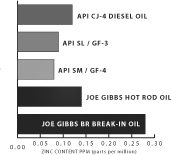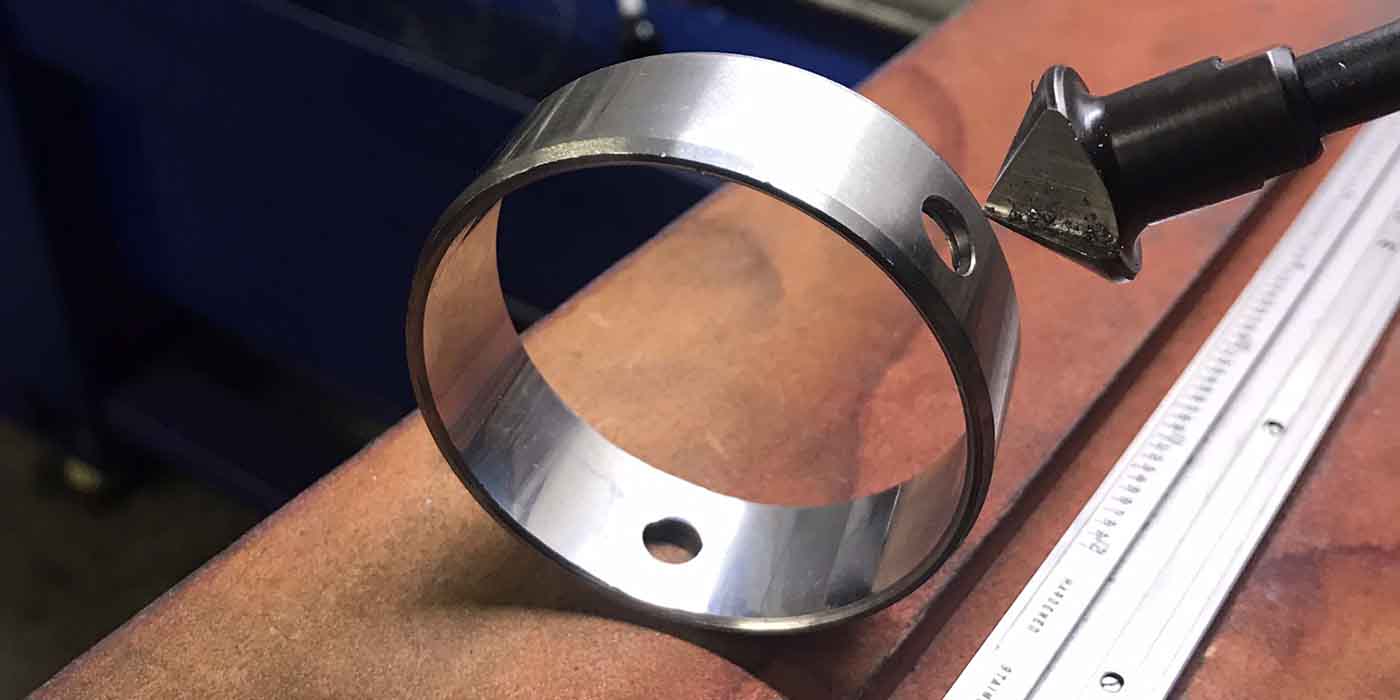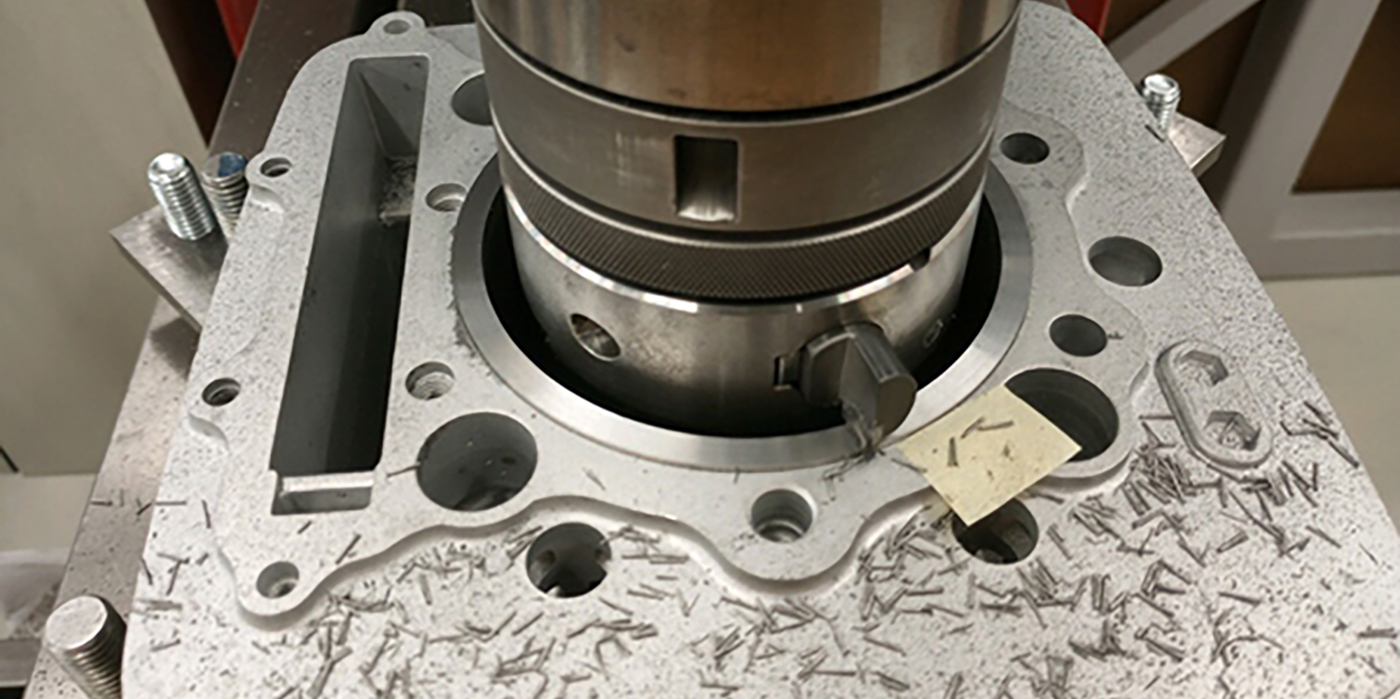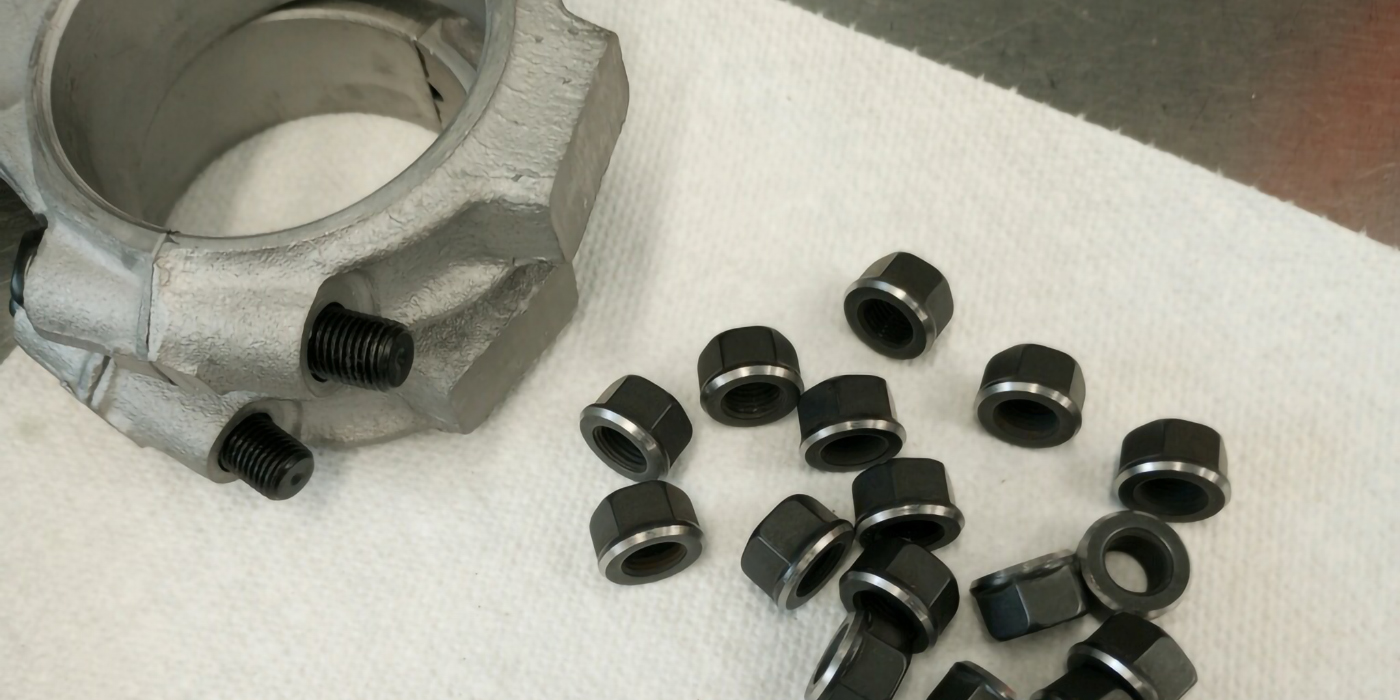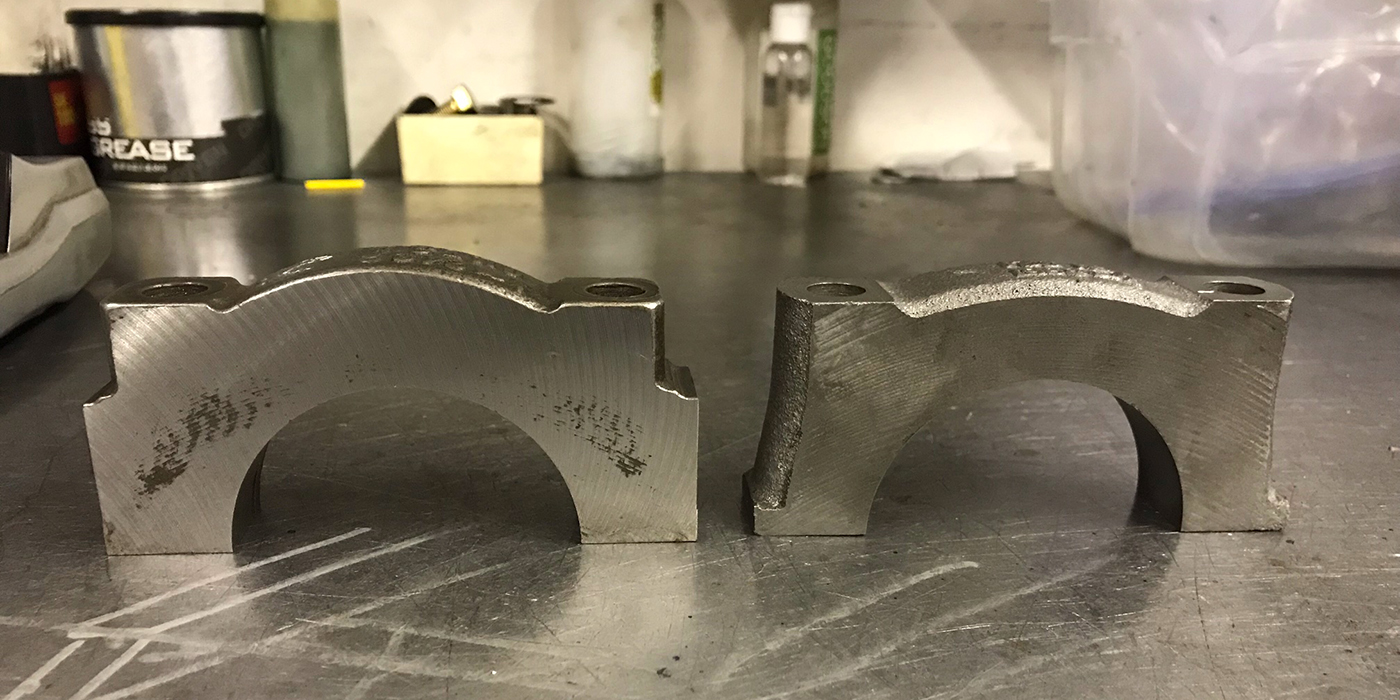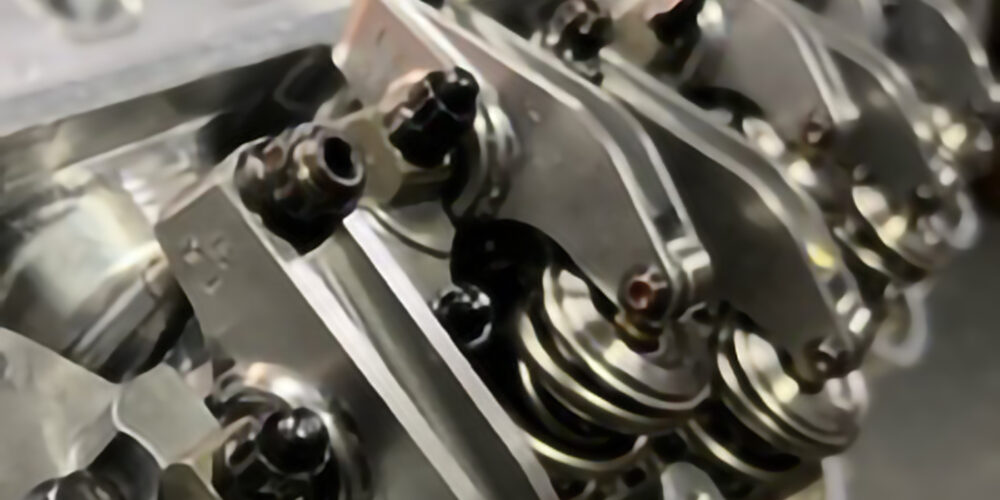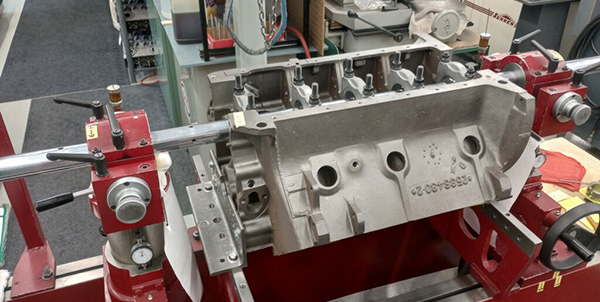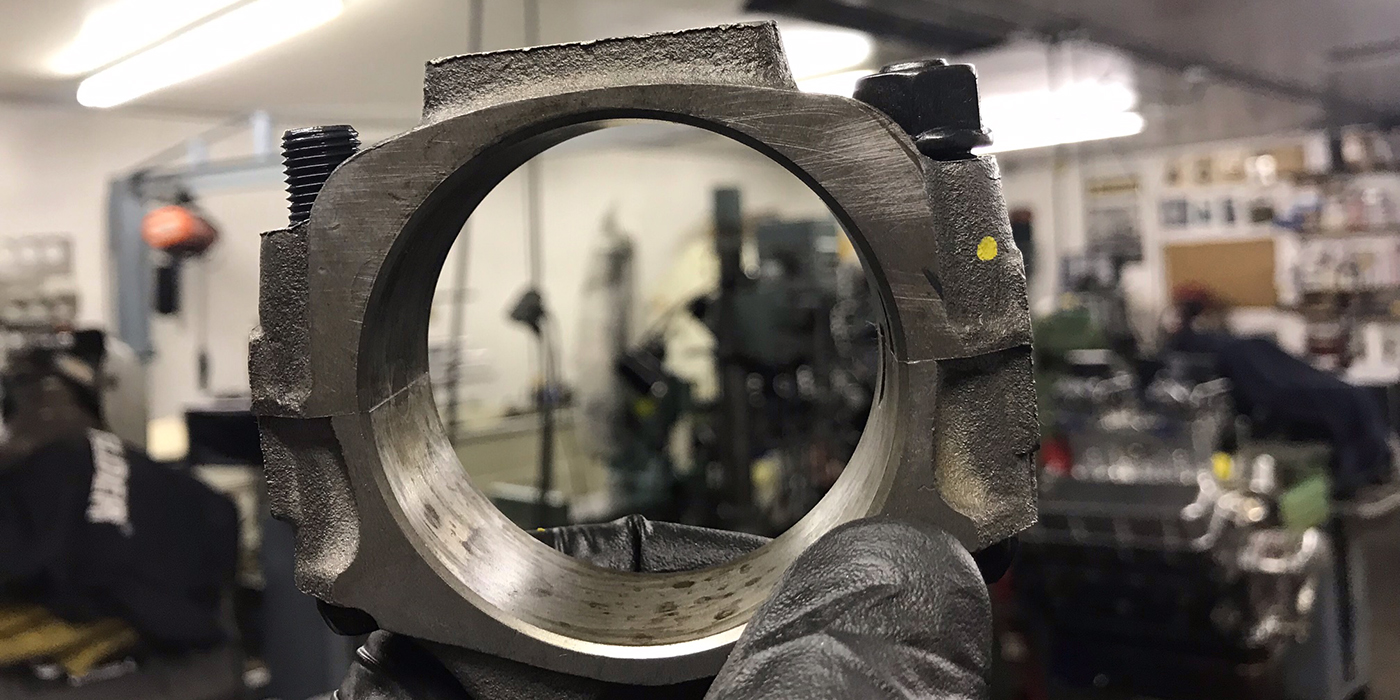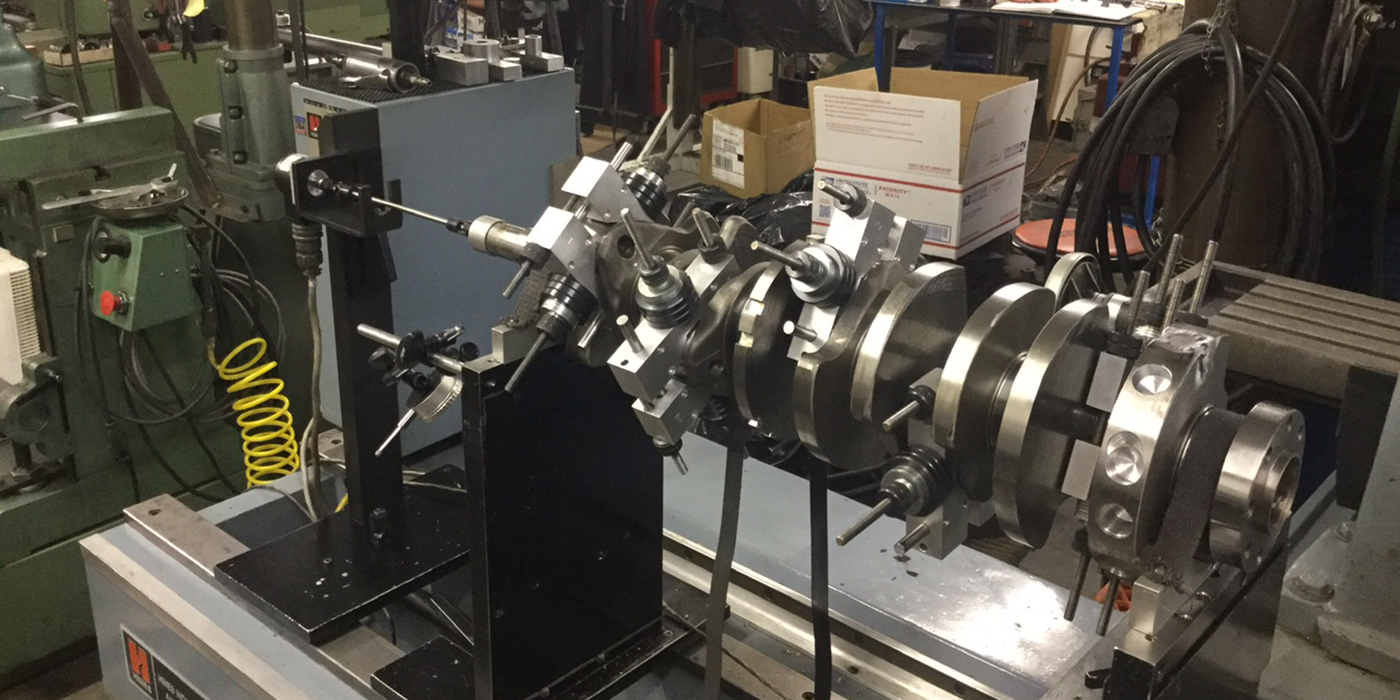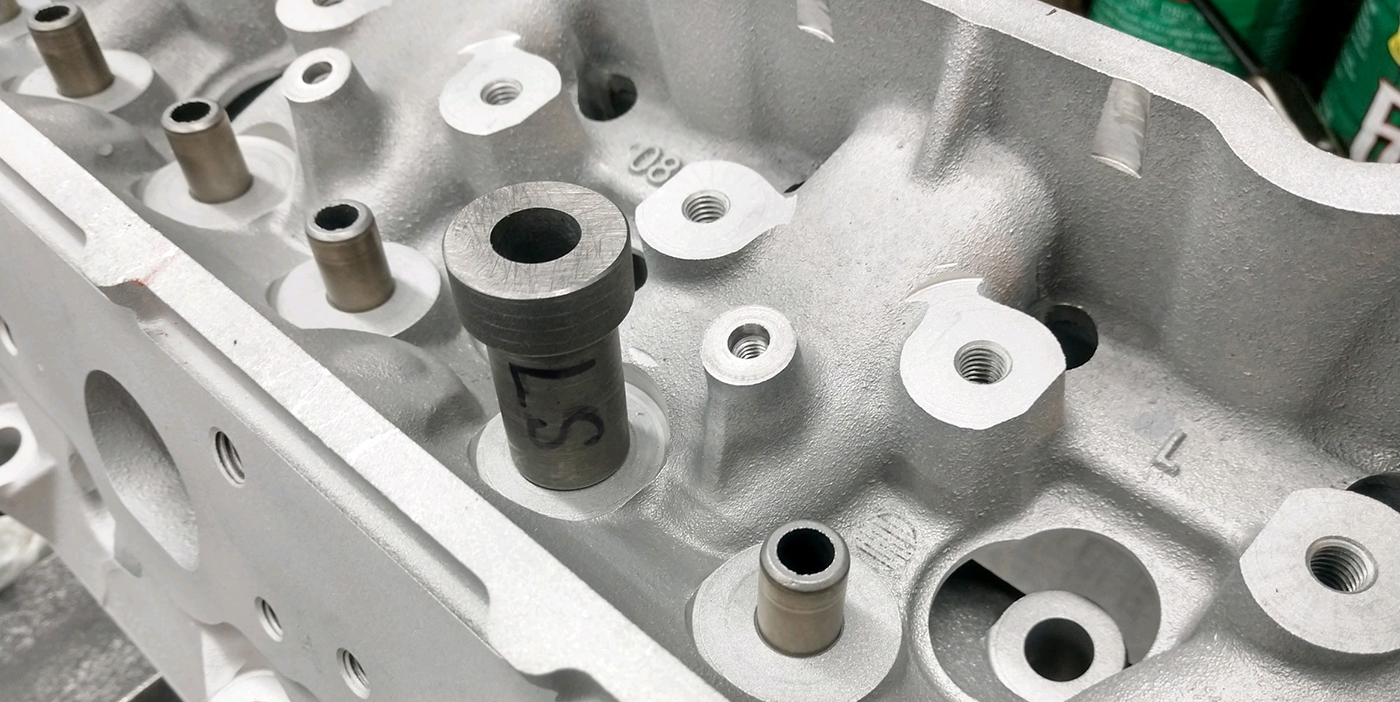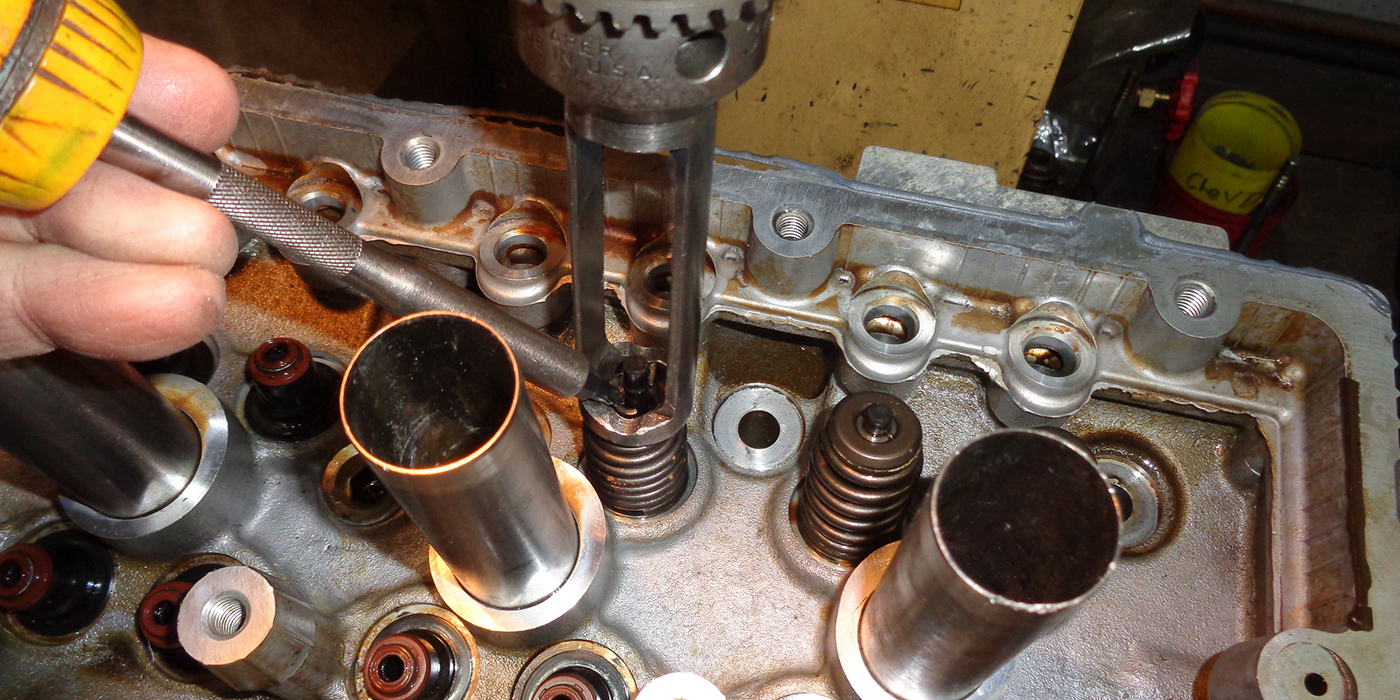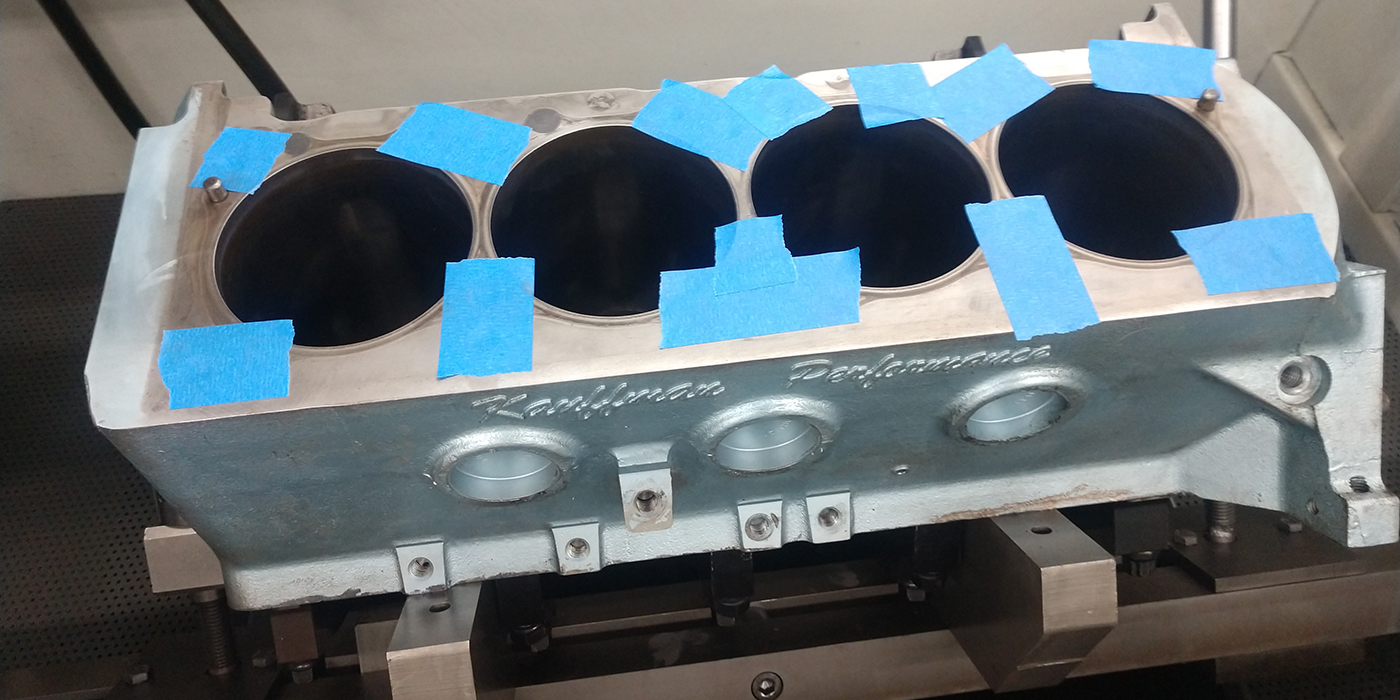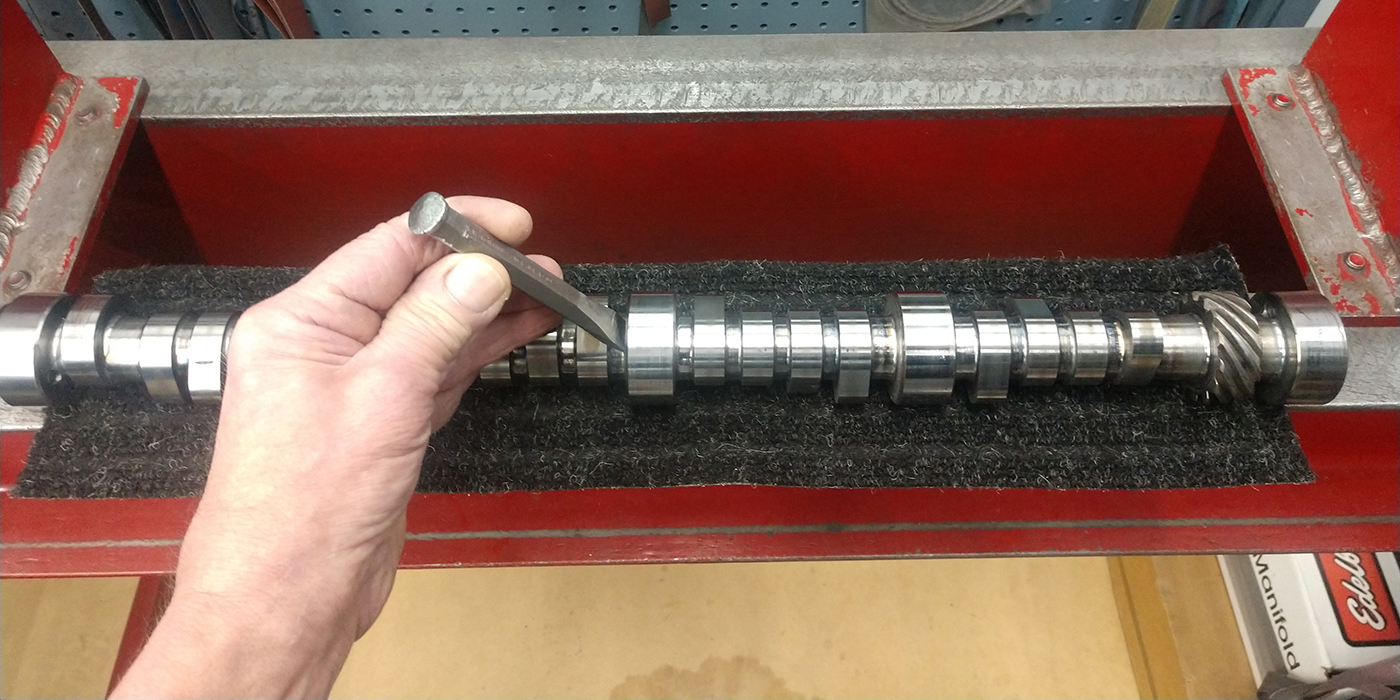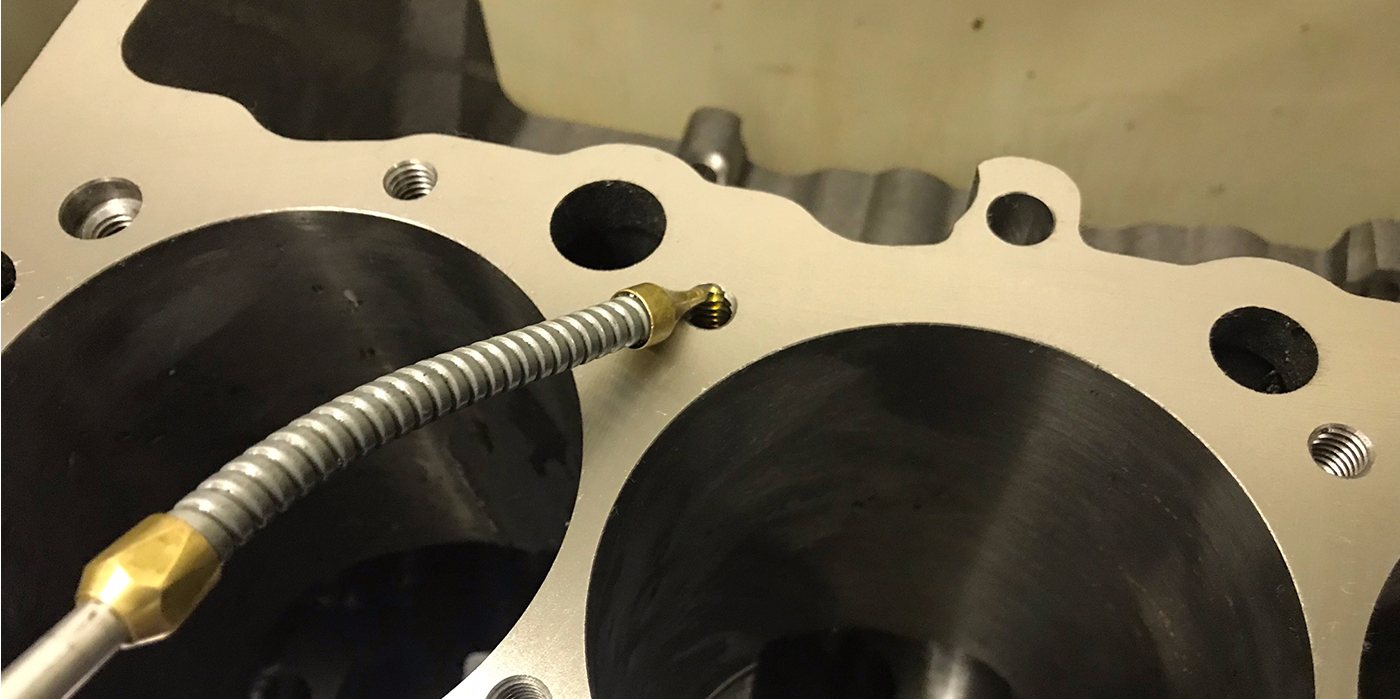A recent camshaft company Technical Bulletin said it best: “Today’s engine oil is just not the same as it used to be, thanks to the ever tightening environmental regulations.”
The EPA, car manufacturers, and the American Petroleum Institute (API) have done a great job reducing emissions and extending the life of emissions control equipment. However, the reduction in emissions has coincided with a reduction in traditional, performance proven anti-wear additives (i.e., zinc dithiophosphates). In the past 12 months, the API has also begun to restrict the zinc levels in diesel oils as well. In the years ahead, the levels of formulated anti-wear will be further reduced. While this is great for the environment, it is bad news for your pushrod engine and flat-tappet cams.
In heavily loaded applications, as stated in the book “Lubrication Fundamentals,” flat tappet cam followers operate on a partial oil film at least part of the time. Lubricants with anti-wear additives are necessary if rapid wear and surface distress are to be avoided. The oil additive Zinc Dithiophosphate is to provide anti-wear activity for the camshaft and lifters. With the increased use of roller follower cams (in production cars), the requirements for anti-wear have been changed to prolong the life of emission control devices.
The high valve spring pressures in pushrod engines require higher levels of formulated anti-wear, especially in flat tappet engines. Again, the book Lubrication Fundamentals sums this up best: “Loading on the rubbing surfaces in the valve train may be high, particularly in high speed engines, where stiff valve springs must be used to ensure that the valves close rapidly and positively. This loading can result in lubrication failure unless special care is taken in the formulation of the lubricant.”
Simply put, the oil used in an engine needs to be formulated specifically for that type of engine. You wouldn’t use a stock piston in a race engine, and the same goes for oil. You shouldn’t use an oil designed for modern engines in an older style engine.
Over the last seven racing seasons, Joe Gibbs Racing has developed a family of lubricants that provide the necessary levels of anti-wear chemistry to protect highly loaded racing engines from initial break-in to 24 hour endurance race conditions. The valve train loads in a flat tappet NASCAR Nextel Cup engine exceed 500-psi in order to turn over 9,000 rpm.
These high loads and long duration races (up to 600 miles) require more formulated anti-wear chemistry than even the best API rated synthetic passenger car oils offer. We also have an oil designed specifically for older-style historic car and hot rod engines. Joe Gibbs Driven Hot Rod oil features high levels of zinc for wear protection plus a U.S. Military spec rust and corrosion inhibitors to protect the engine when it is not running as well. No other oil provides this type of protection in the garage and on the road.
What Can You Do? Check your oil bottles for the API donut. If the oil you currently use carries an API-donut, it probably lacks the amount and type of formulated anti-wear chemistry that a historic or racing engine needs. Choose an engineered fluid like Joe Gibbs Oil that’s designed to meet the higher anti-wear needs of your engine.
Please visit www.joegibbsracingoil.com for more technical information and detailed product descriptions. You can also contact EPWI at 800-394-7299 or visit www.epwi.net.
The preceding Manufacturer Tech Tip was provided by Joe Gibbs Driven Racing Oil